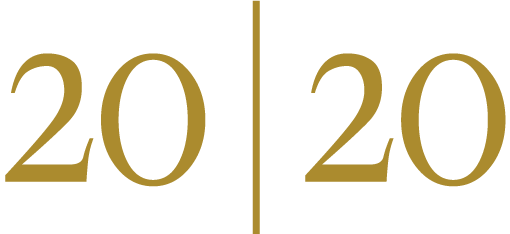How our documentary work influences our other work.
Documentary films and stories are our roots. This kind of minute-by-minute story development and wading through of mass material for the story, is where we honed our storytelling skills. It’s also where our core values and authentic approach come from. And that is why we continue to tell documentary stories today. We believe this active participation in documentary storytelling is what helps us bring a fresh perspective to our brand clients.
The Way Back to Yarasquin
In 2012 we traveled to Honduras to pursue a story about one woman interrupting the coffee supply chain and changing the economic future of her community. Over the course of the next 18 months the story continued to develop as we followed along, and in August of 2013 we premiered the film to a local audience of over 200 people. The film went on to have over 30 screenings, including in Europe, South America, and Japan. Our favorite screening was when we returned to the village where the film takes place, and did a community screening with over 600 people in attendance. Watching their faces as they watched the film was a life-defining moment and one of the many things that drives us to do the work that we do.
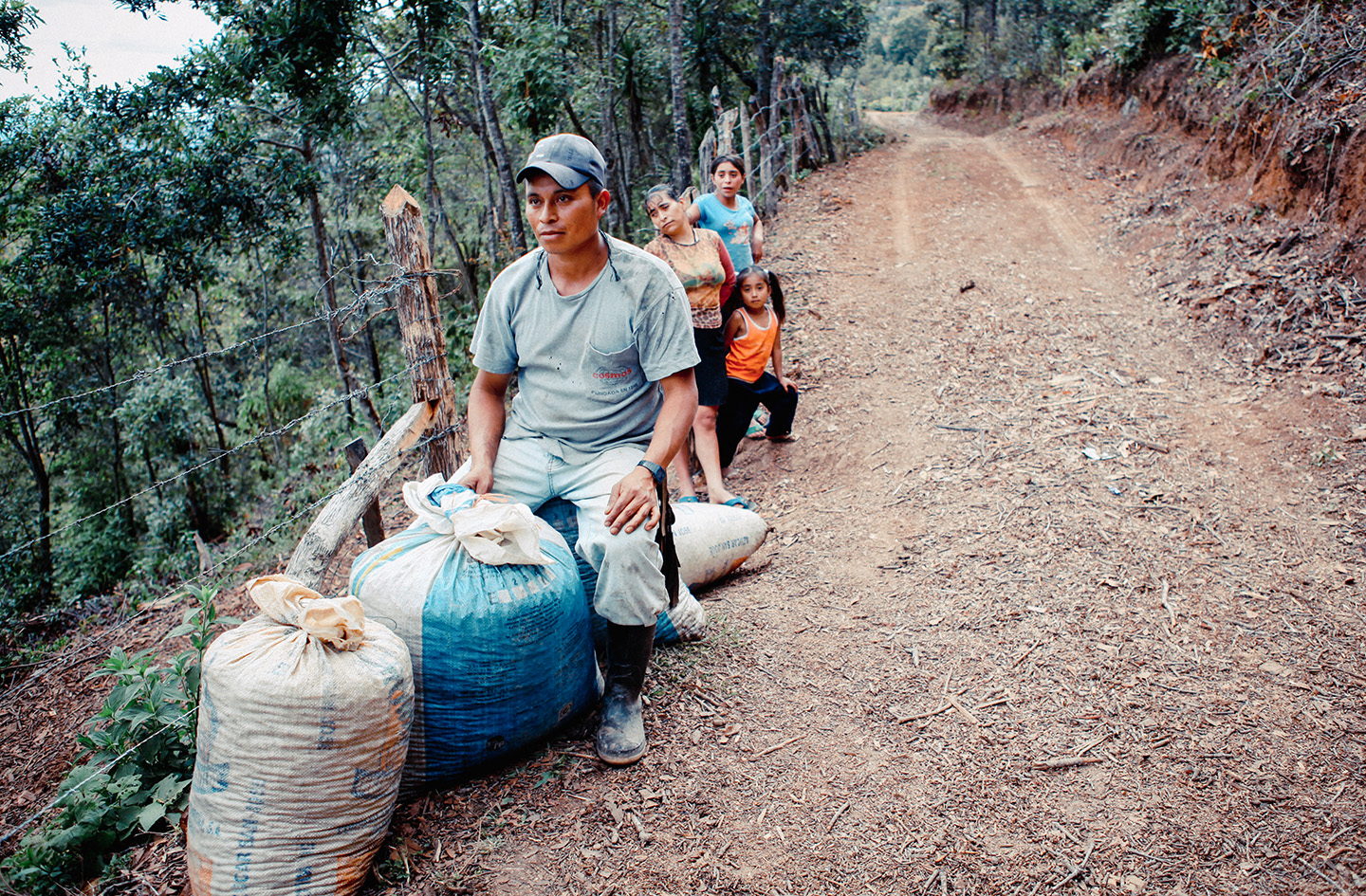
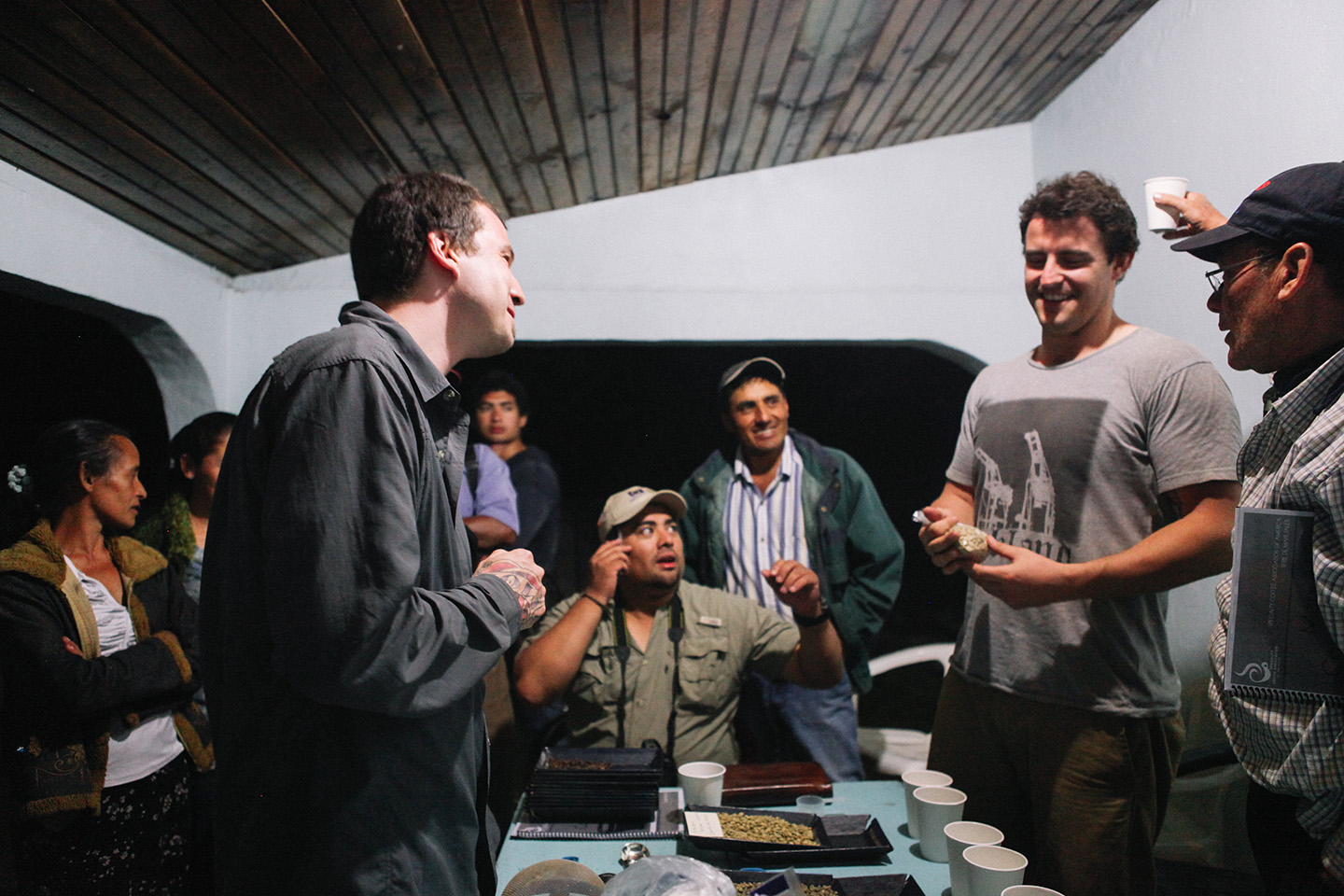
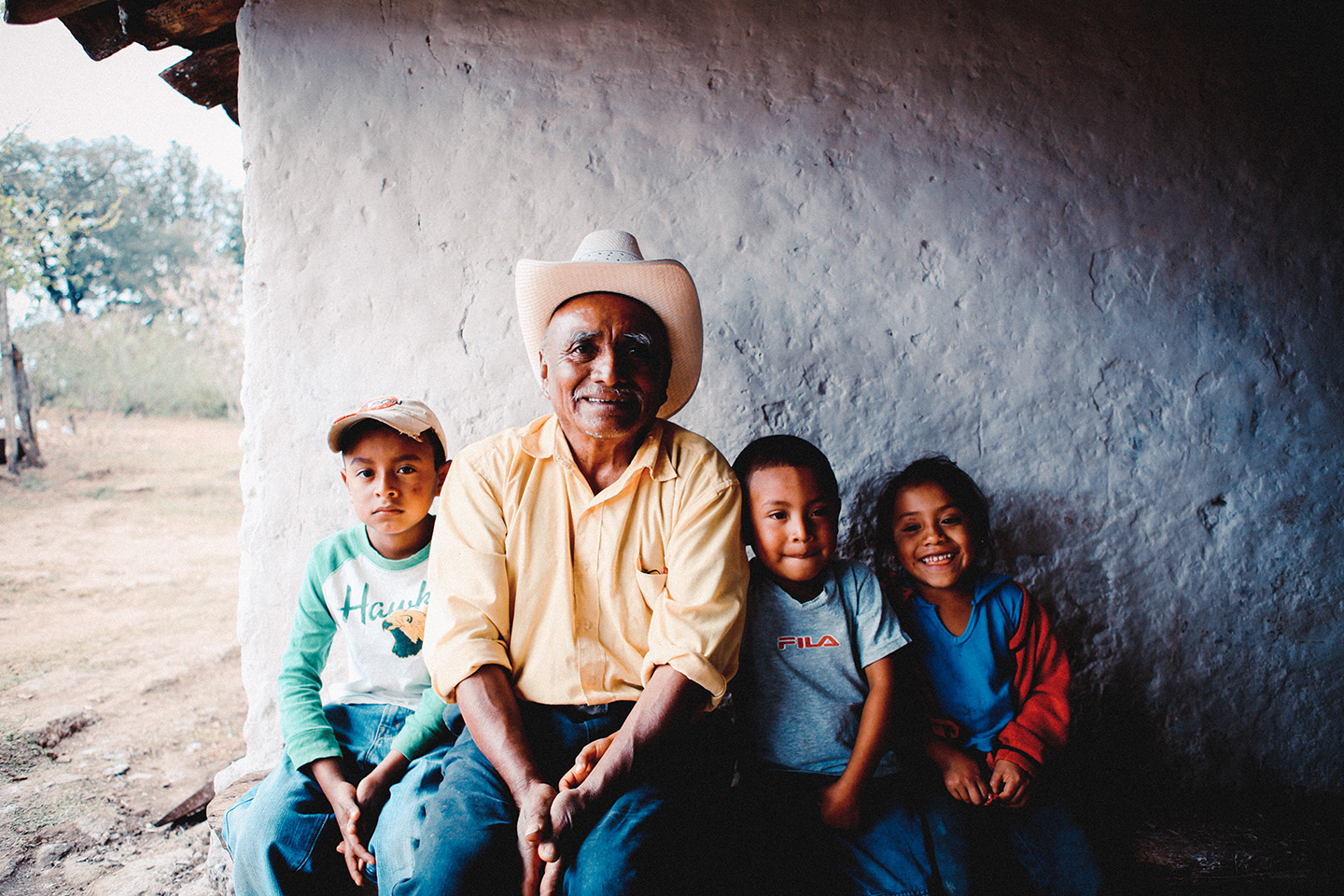
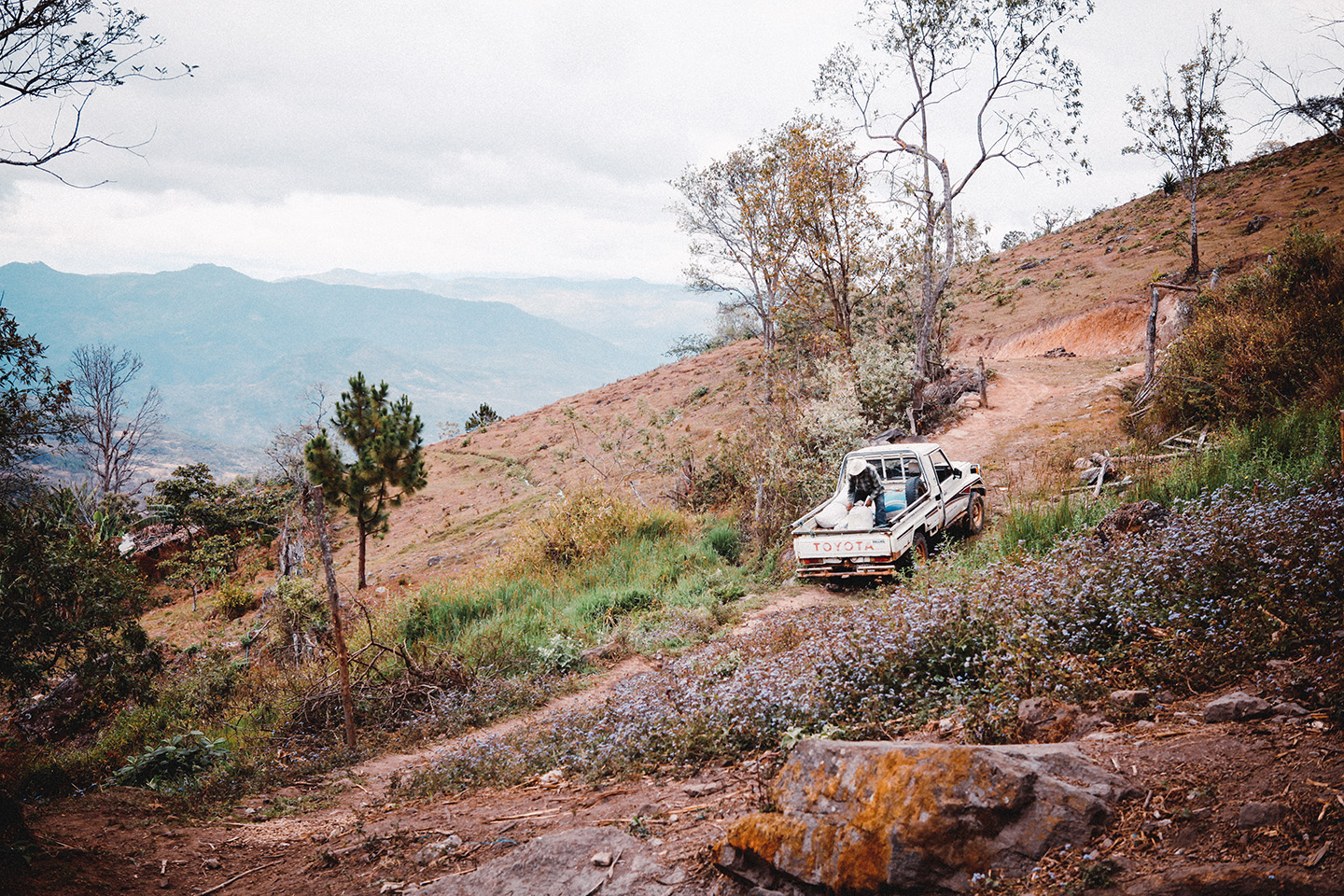
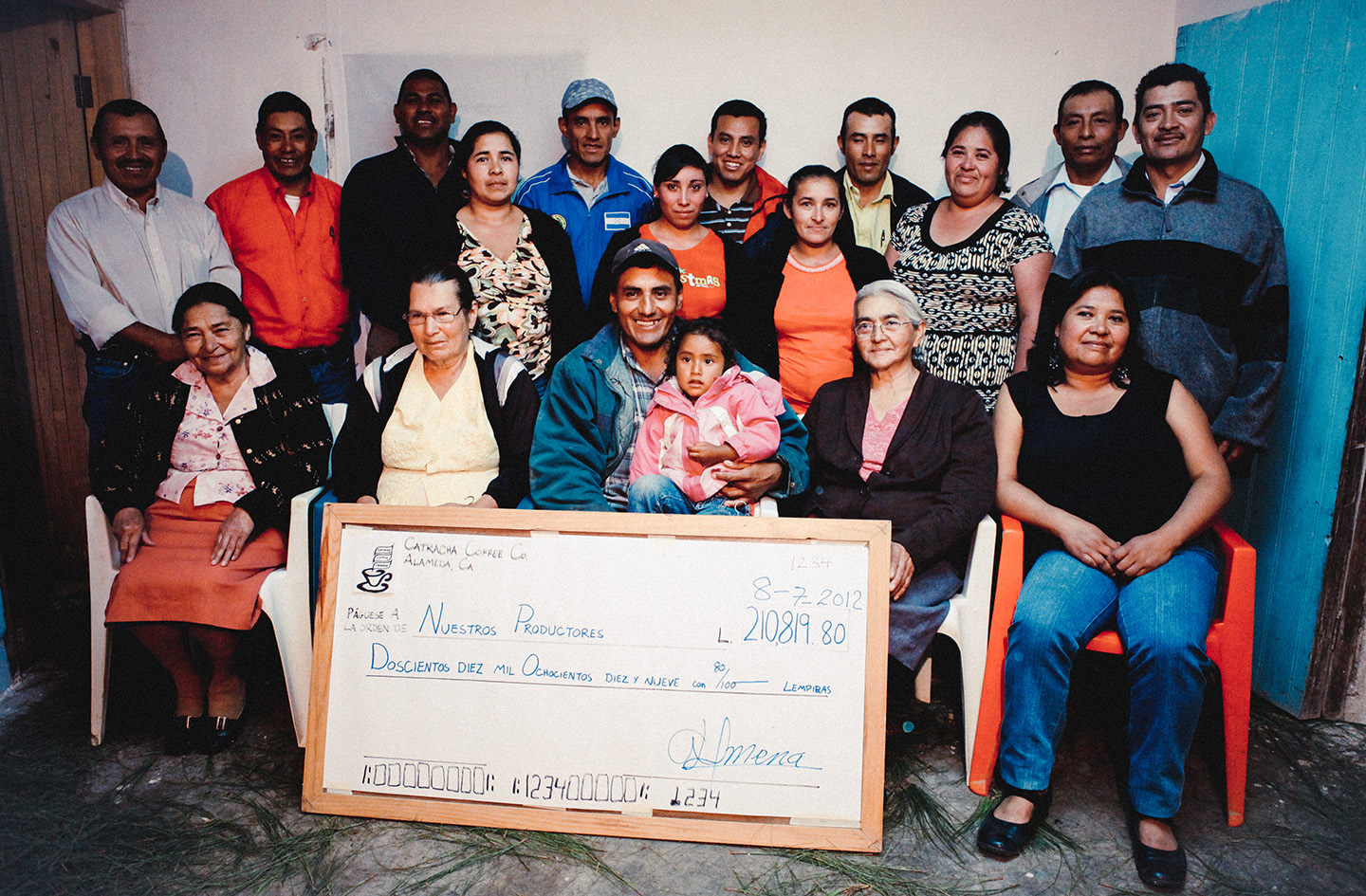

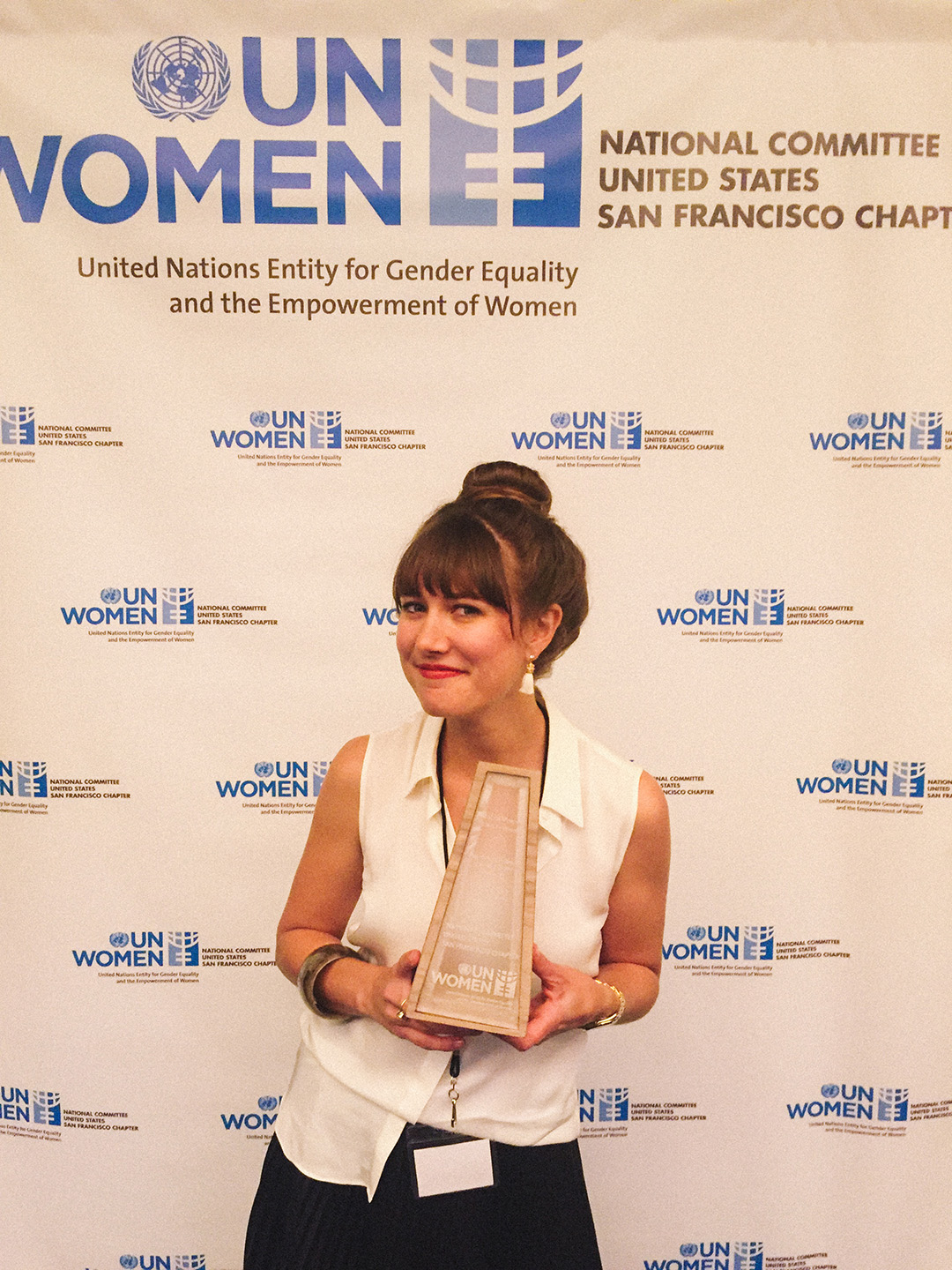
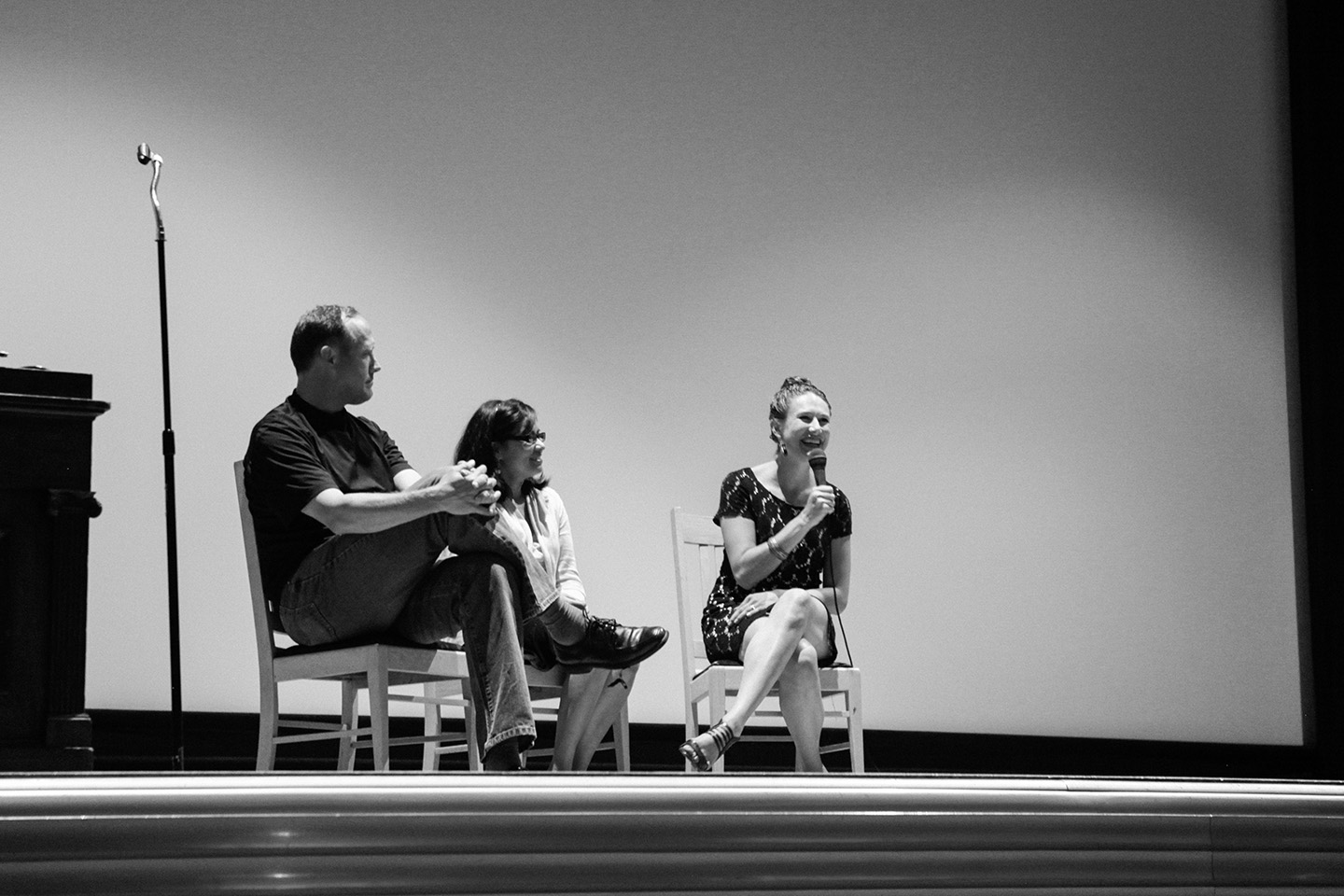
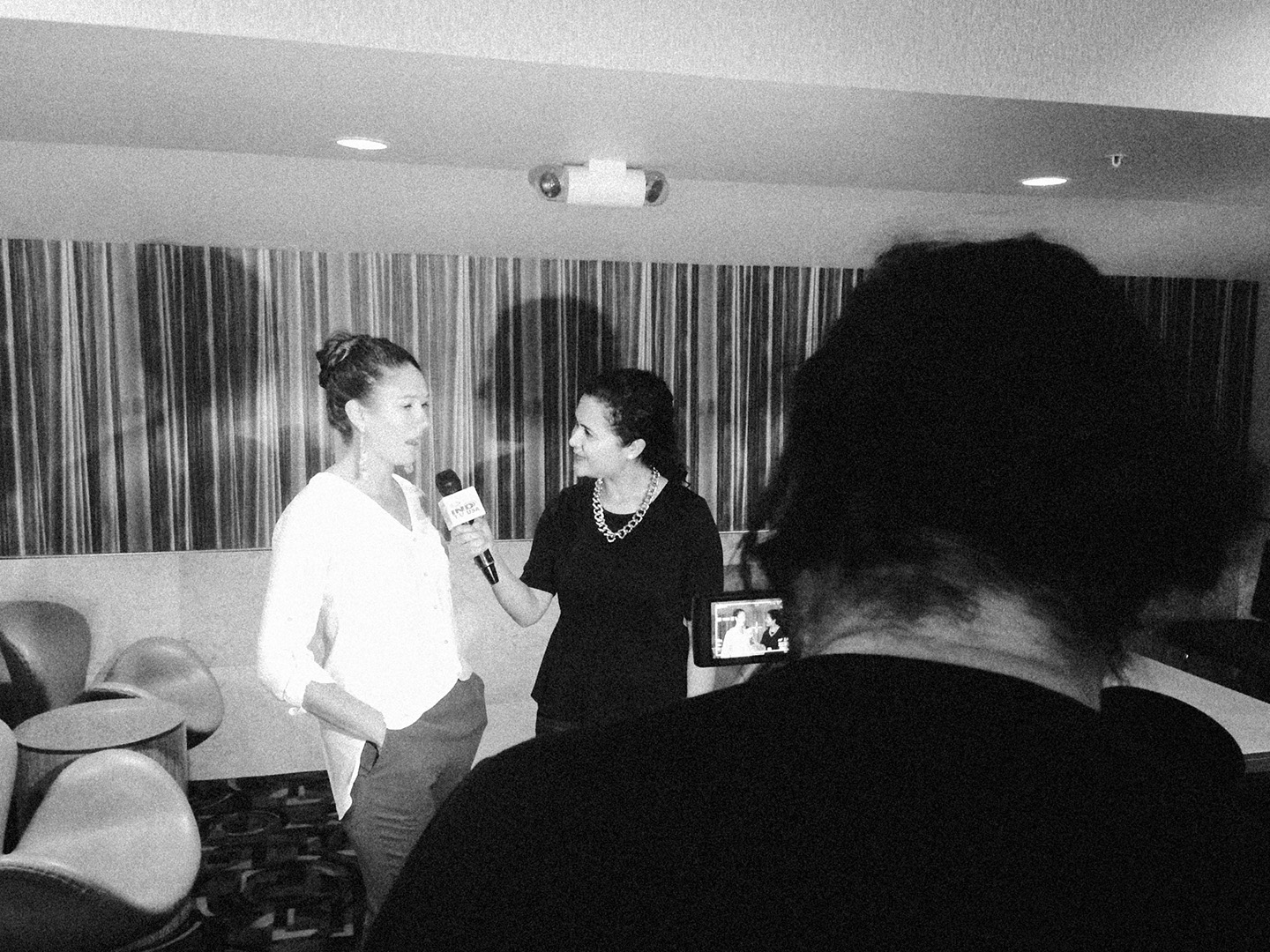
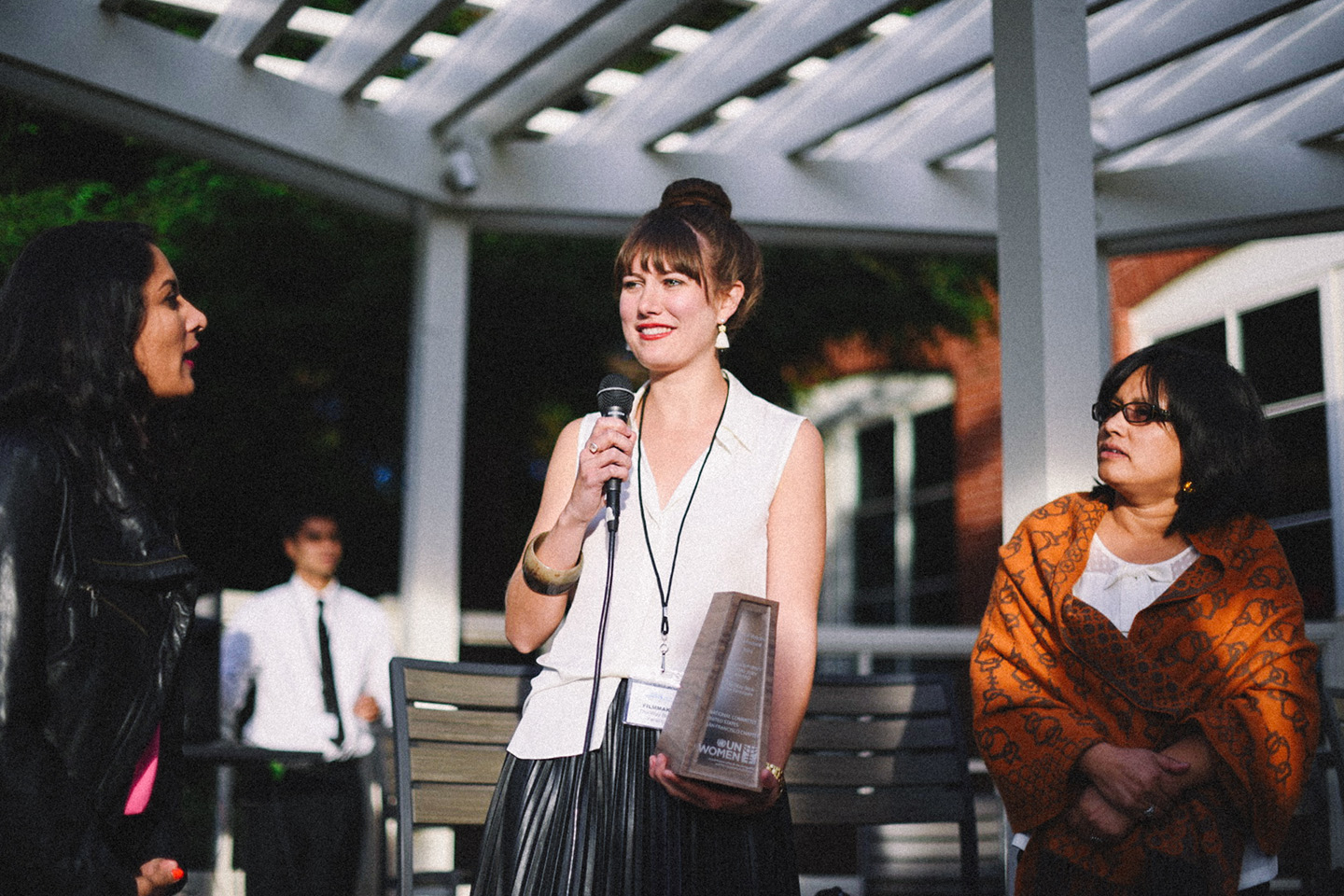
Rebuild South Sudan
During an historic moment in South Sudan, we partnered with a NGO working on peace-building and education, to tell the story of the work they were doing. We traveled to Juba, the capital of South Sudan after they had successful succeeded from the North, but before they became formally recognized as a nation state. It was an interesting and exciting time to be there. We focused primarily capturing the founder of the NGO, Michael, one of the “Lost Boys” who endured an incredible journey in the pursuit of education and a better future. This film was meant to capture the history of the organization and cast the vision for the future.
